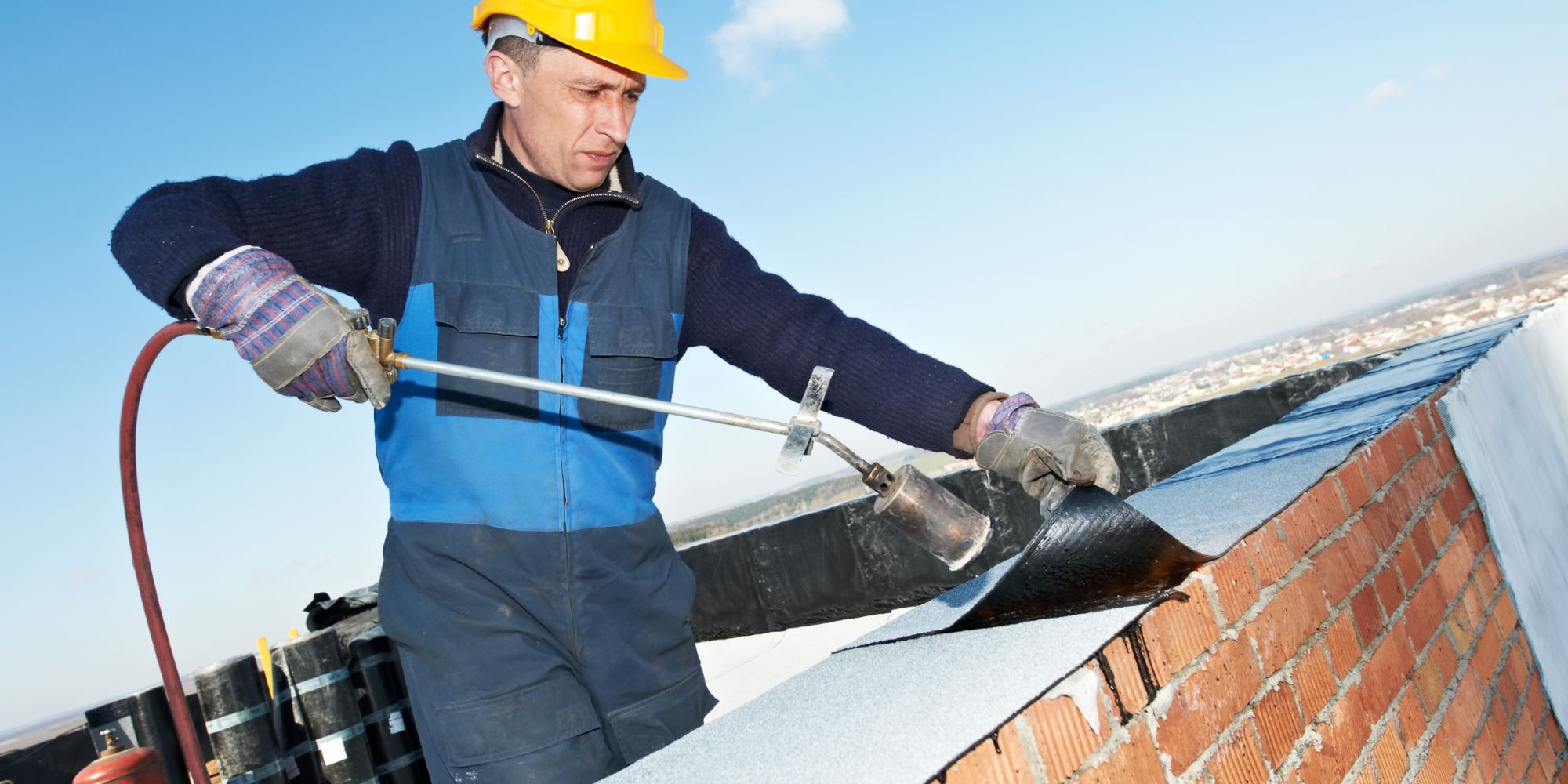Table of Contents
How to Choose the Ideal Insulation for Your Roof

The importance of roof insulation
THE roof insulation is a critical aspect of any home or building as it plays an important role in maintaining a comfortable indoor environment. It acts as a barrier, preventing heat from escaping during the colder months and keeping the interior cool during hot summer days. Proper insulation not only ensures a pleasant living environment but also contributes to energy efficiency and cost savings. Therefore, it is essential to choose the right type of insulation for your roof to maximize its effectiveness.
When choosing roof insulation, there are several factors to consider to ensure it meets your specific needs. By understanding these factors, you can make an informed decision and choose the perfect insulation that is uniquely tailored for you.
Factors to consider when choosing roof insulation
Climate: The climate you live in plays a key role in determining the type of insulation you should choose for your roof. For colder climates, insulation with a higher R-value is recommended for better thermal resistance. Conversely, in warmer climates, insulation with a lower R-value but a higher U-value may be more suitable. It is important to consider the specific needs of your climate to ensure optimal performance.
Roof Type: Different roof types require different insulation materials and different installation methods. For example, a flat roof may require a different type of insulation compared to a pitched roof. It is essential to consult a professional to determine the most appropriate insulation for your particular type of roof to ensure compatibility and effectiveness.
Budget: Budget is another critical factor to consider when choosing roof insulation. There are various insulating materials on the market, each with its own cost. It is important to strike a balance between cost and quality to ensure you get the best value for money. Consulting with a professional can help you identify affordable options that meet your insulation needs.
Understanding R-value and U-value
When researching insulation options, you'll often come across terms like R-value and U-value. These values are key indicators of the thermal performance of an insulating material and should be taken into account when choosing roof insulation.
R-value: The R value measures the thermal resistance of an insulating material. A higher R-value indicates greater resistance to heat flow, providing better insulation. When choosing insulation, consider the R-value recommended for your climate. It is important to note that the R-value should be calculated based on the entire roof system, including the insulation, roof deck and any other layers.
U value: The U-value, also known as thermal transmittance, measures the rate of heat loss through a structural element. Unlike R-value, a lower U-value indicates better insulation. When choosing insulation, aim for a low U value to minimize heat loss and maximize energy efficiency.
Understanding the importance of R-value and U-value will help you make an informed decision when choosing the ideal insulation for your roof.
Common roof insulation mistakes to avoid
There are several common mistakes that homeowners make when choosing and installing roof insulation. By avoiding these mistakes, you can ensure optimal performance and longevity of your insulation.
Insufficient thickness: A common mistake is choosing insulation with insufficient thickness. Thicker insulation provides better thermal resistance and improves energy efficiency. It is essential to consult a professional to determine the proper thickness of insulation required for your specific needs.
Bad installation: Improper installation of roof insulation can significantly affect its effectiveness. It is recommended that you hire a professional insulation installer who has the necessary expertise and experience to ensure proper installation. This will help prevent gaps, voids and air leakage, which can reduce the performance of the insulation.
Override ventilation: Adequate ventilation is vital when installing ceiling insulation. Proper ventilation helps prevent moisture build-up, which can lead to mold growth and damage to the insulation material. It is important to consider ventilation requirements and consult a professional to ensure proper airflow.
By avoiding these common mistakes, you can ensure that your roof insulation performs optimally and provides the desired comfort and energy saving benefits.
Tips for choosing the perfect insulation for your specific needs
The perfect choice insulation for your roof can be overwhelming given the wide range of options available. Here are some tips to help you make the right decision for your specific needs:
Research different insulation materials: Take the time to research and understand the different types of insulation materials available. Each material has its own pros and cons, so it's important to consider factors such as R-value, cost, durability, and compatibility with your roof type.
Consult a professional: Seeking advice from a professional insulation contractor is highly recommended. They can assess your specific needs, recommend suitable insulation options and provide expert guidance throughout the selection and installation process.
Consider the long-term benefits: When choosing roof insulation, it's important to consider the long-term benefits. Investing in high-quality insulation may have a higher initial cost, but can lead to significant energy savings and improved comfort in the long run.
By following these tips, you can choose the perfect insulation that is uniquely tailored to your specific needs.
Energy saving benefits of proper roof insulation
Proper roof insulation offers many energy-saving benefits that can positively impact both your wallet and the environment. Here are some of the key benefits:
Reduced energy consumption: Effective roof insulation minimizes heat transfer, reducing the need for heating in the colder months and air conditioning in the warmer months. This results in lower energy consumption and reduced utility bills.
Improved interior comfort: By preventing heat loss or gain, roof insulation helps maintain a more comfortable indoor temperature year-round. This eliminates drafts, cold spots and excessive heat, creating a more pleasant living environment for you and your family.
Environmental impacts: Energy efficient homes contribute to a greener environment. By reducing energy consumption, proper roof insulation helps reduce greenhouse gas emissions and conserve natural resources.
Investing in the right roof insulation not only saves money but also contributes to a more sustainable future.
Conclusion: Creating a comfortable and energy efficient home with the ideal roof insulation
Choosing the perfect roof insulation tailored just for you is essential to creating a comfortable and energy efficient home. By considering factors such as climate, roof type and budget, you can make an informed decision when choosing insulation.
Understanding the importance of R-value and U-value and avoiding common mistakes ensures optimal insulation performance. Additionally, consulting with a professional and considering the long-term benefits can help you choose the ideal insulation material for your specific needs.
Properly installed roof insulation offers numerous energy-saving benefits, such as reduced energy consumption, improved indoor comfort and positive effects on the environment. Hiring a professional for installation ensures expertise, time and cost savings, and peace of mind.
By investing in the perfect roof insulation, you can create a home that is not only comfortable but also energy efficient, contributing to a greener and more sustainable future.

Fill it in
Form